We’ve all been there – the feeling of being stuck in a job that no longer brings us joy or fulfillment. Discover how to turn things around and be happy at work even in challenging times.
Let’s dive in and explore different ways to prevent workplace burnout, boost your happiness, and reignite your passion for your career!
Read more here: ‘Bare Minimum Monday’: Exploring The Gen-Z Work Culture TikTok Trend
5 Ways To Make Yourself Happy At Work Again
Feeling a bit down in the dumps about work lately? Stressed with the workload? Don’t worry! Many of us have experienced those moments when the thought of quitting crosses our minds.
But before you send that resignation letter, let’s explore some fantastic ways to reignite your happiness at work.
These five proven strategies will help you rediscover your passion and find joy in your job once more.
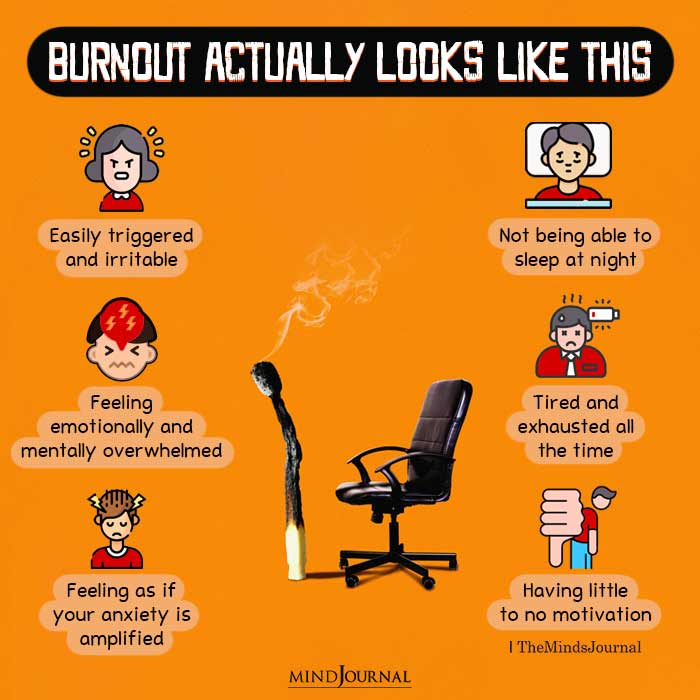
Put Yourself First And Prioritize Your Well-Being
Your happiness and overall well-being should always be at the forefront of your priorities.
Ensuring that you take care of yourself both physically and mentally is a fundamental step in preventing workplace burnout.
Adequate rest, a nourishing diet, and participating in activities that bring you genuine joy all contribute to nurturing your well-being.
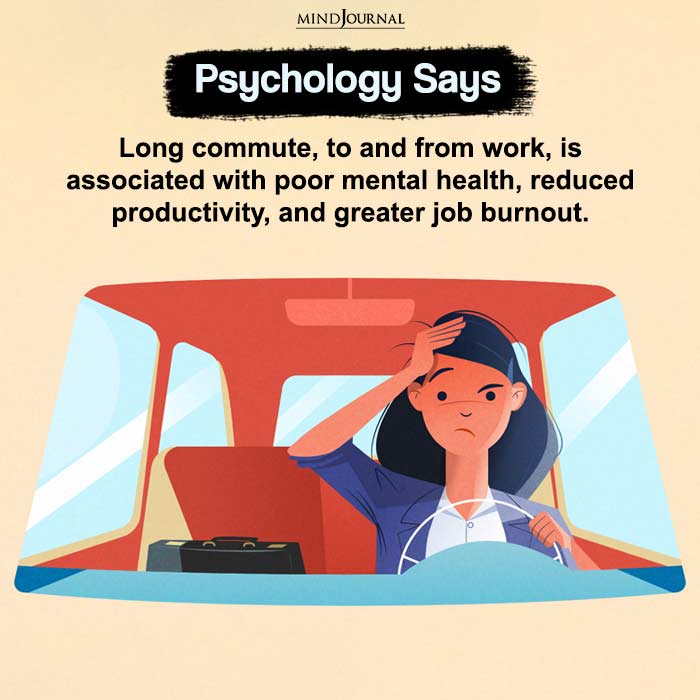
By giving importance to your self-care, you pave the way for a sense of happiness at work and simultaneously create a defense against burnout, a valuable strategy to employ even if you’re currently experiencing a lack of happiness in your work environment.
Read more here: How To Deal With Gossiping Coworkers: 10 Strategies For Navigating The Office Jungle
Strengthen Your Relationships With Colleagues
You’ll bump into some toxic coworkers, sure, but don’t dim your sparkle for them. Put your focus on the ones who make your day shine like a firework show.
Proactively stepping forward to initiate and nurture meaningful connections with your colleagues can significantly contribute to cultivating a positive workplace atmosphere that is conducive to discovering happiness at work.
Also, steer clear of the gossip train. Trust us, gossip is like a drain on your energy – one of the top culprits for feeling drained at work.
Not only does it mess with your productivity, but it also takes a toll on your mental well-being.
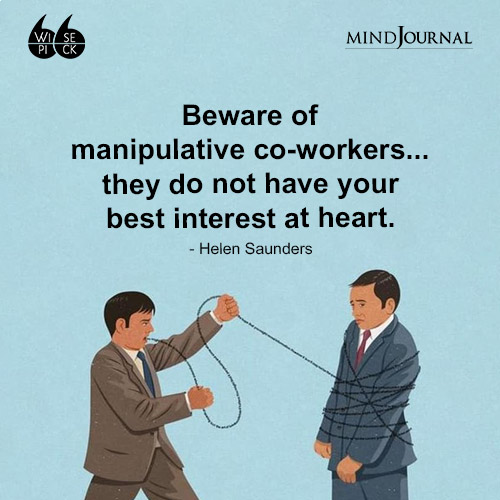
Active engagement in open and friendly conversations, coupled with collaborative efforts on projects and a willingness to extend support when necessary, not only serves as a buffer against workplace burnout but also facilitates the creation of an encouraging environment.
Strengthening your relationships at work will create a positive and supportive environment, making it easier for you to feel happier and more engaged, even when you’re not happy at work.
Seek Growth Opportunities By Expanding Your Horizons
If you find yourself in a situation where you sense stagnation in your current role, it’s crucial to actively seek out avenues for professional growth and development, a practice that plays a pivotal role in thwarting the onset of workplace burnout.
This could involve your participation in workshops, enrolling in online courses, or proactively expressing your interest in taking on new challenges within your job.
Through this proactive approach, you pave the way for discovering happiness at work by broadening your skill set and knowledge base.
In doing so, you’ll reignite your passion for your career and find happiness in the pursuit of growth, combating the feeling of not being happy at work.
Read more here: Psychological Safety At Work: Why It Is Important And How To Make Your Team Feel Safe
Add Excitement To Your Workday
Combat monotony by injecting some excitement into your daily routine, preventing workplace burnout.
Try approaching tasks in new and creative ways, set personal goals, or propose innovative ideas to your team.
Breaking the routine will help you stay motivated and enthusiastic about your work, finding happiness at work even when you’re not entirely happy with your current situation.
For instance, you might consider collaborating with colleagues from different departments on a project, experimenting with a novel problem-solving technique, or dedicating a set time each day to work on a passion project related to your field – these small changes can reinvigorate your passion for your work.
Be Open And Honest About Your Needs
If you’re feeling unhappy at work, don’t keep it to yourself, as preventing workplace burnout is crucial.
Communicate your needs and concerns with your manager or HR, by addressing the issues that may be causing you to feel not happy at work.
Honest conversations can lead to positive changes, prevent workplace burnout, and show that you value your well-being and growth within the company.
Don’t be afraid to speak up and make your happiness a priority, finding happiness at work and learning how to feel happier at work in the process.
Being happy at work is within your control. By adopting a positive mindset, seeking growth, fostering connections, and prioritizing your well-being, you can turn your work life into a source of joy and fulfillment.
Embrace these strategies, and you’ll discover the power to feel happier at work even when you have the urge to quit.
So, are you ready to take charge of your happiness and transform your work-life? The choice is yours!
How to feel happier at work?
By proactively engaging in activities that align with your interests and well-being, you can create a happier and more fulfilling work environment for yourself.
Why does someone feel unhappy at work?
Feeling unhappy at work can result from factors such as routine monotony, limited growth opportunities, or strained relationships with colleagues.
Is it normal to feel unhappy at work sometimes?
Yes, occasional dips in work happiness are natural. It’s important to address these feelings and explore strategies to improve your overall work experience.
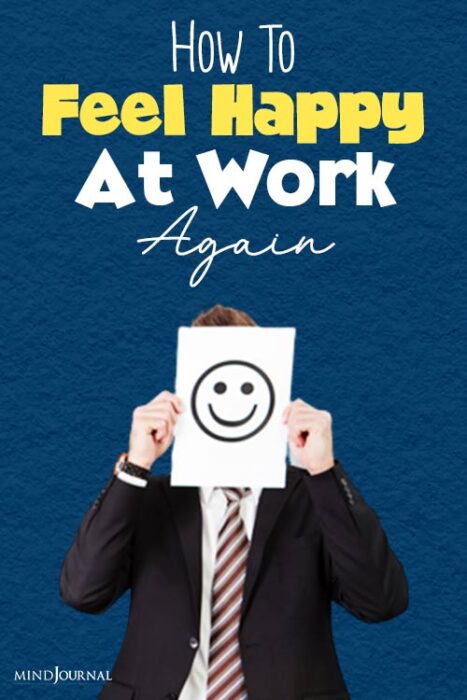
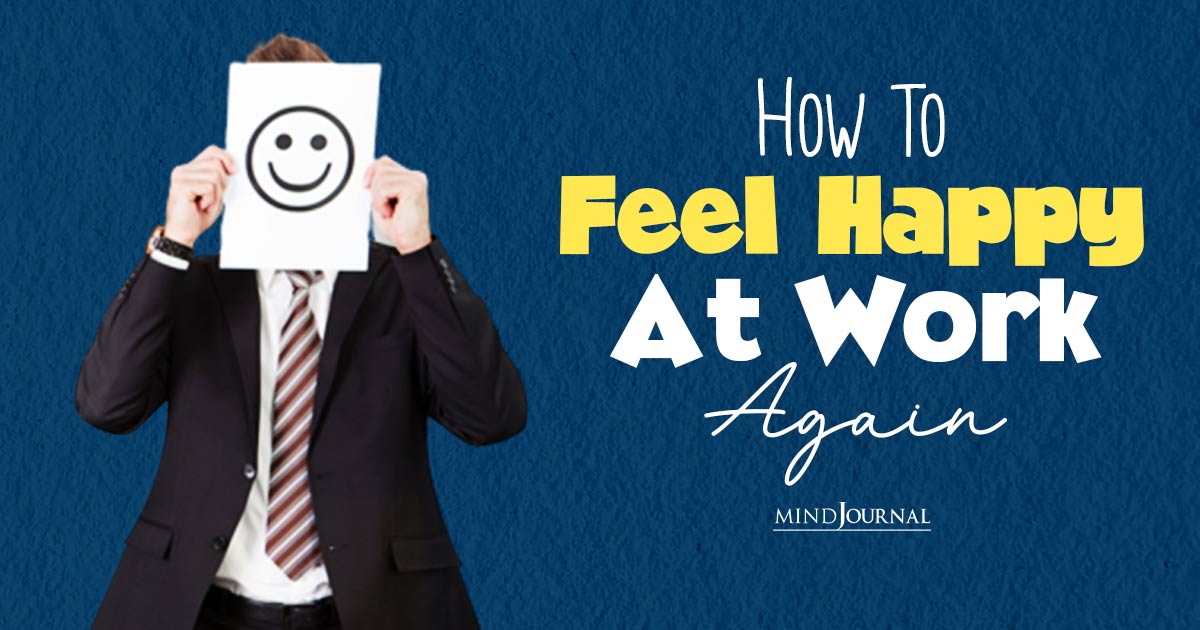
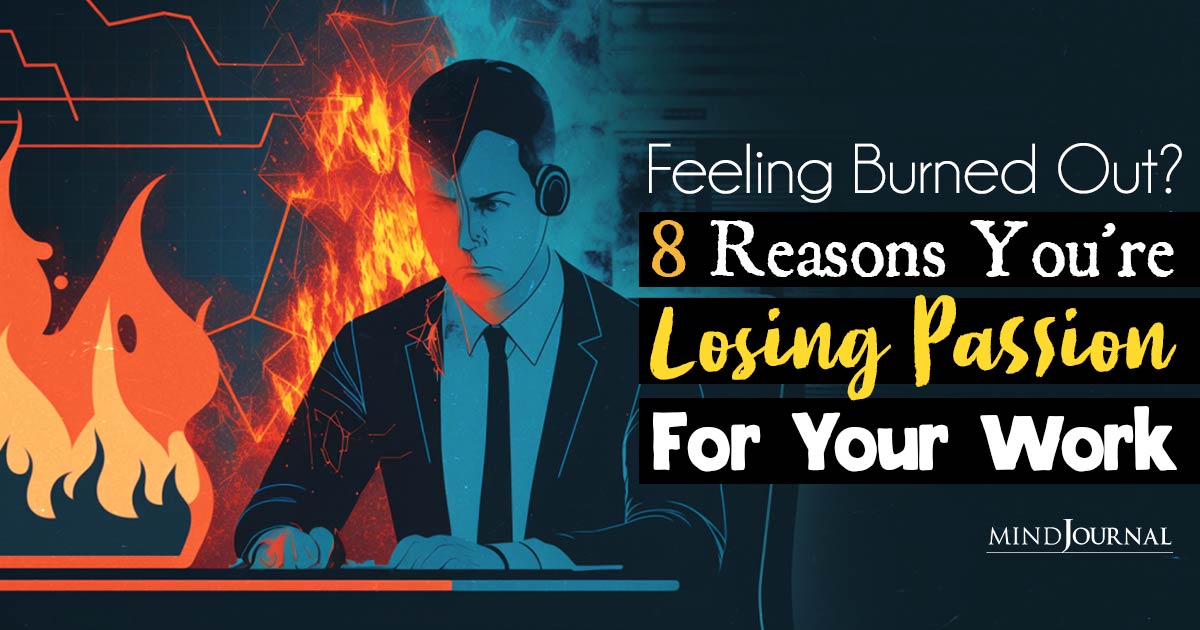
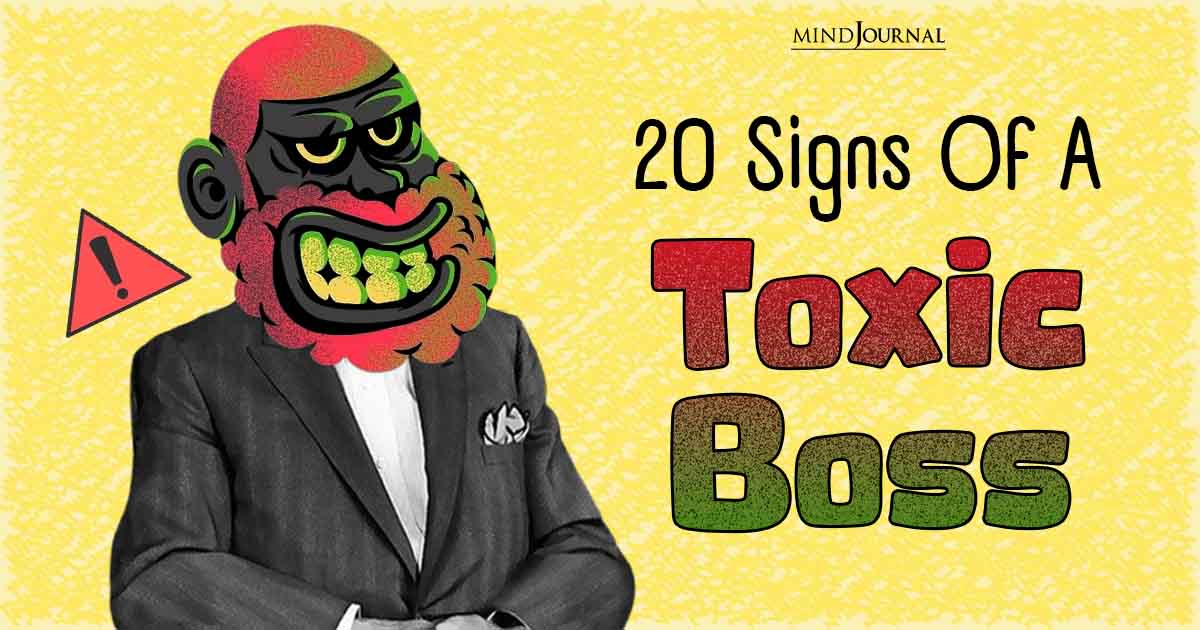
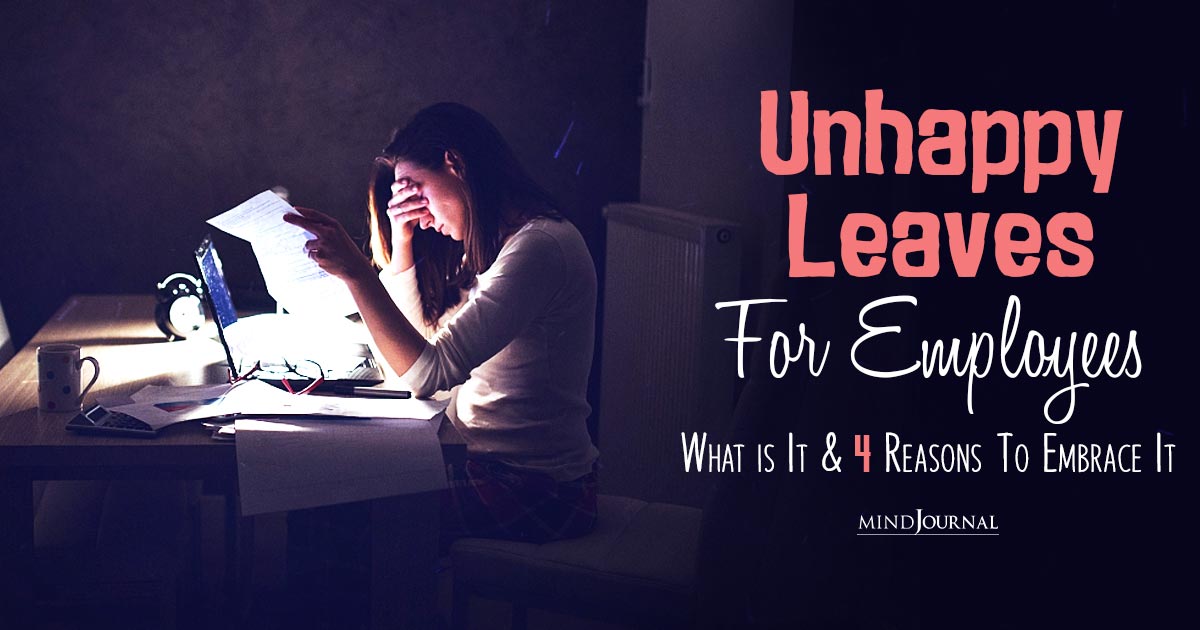
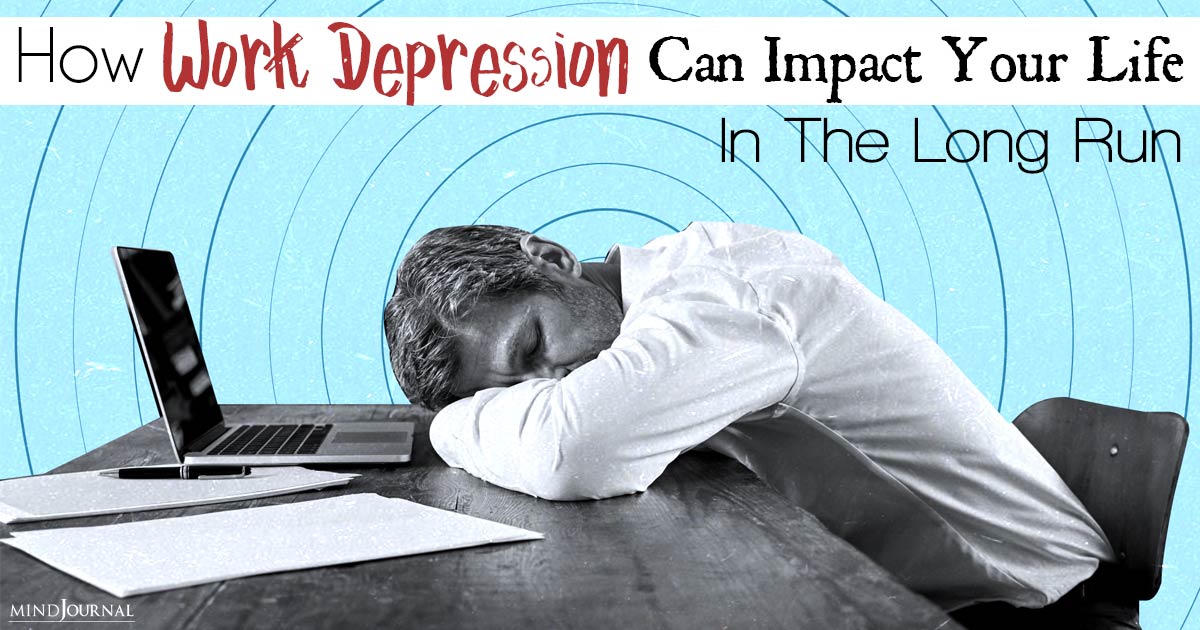
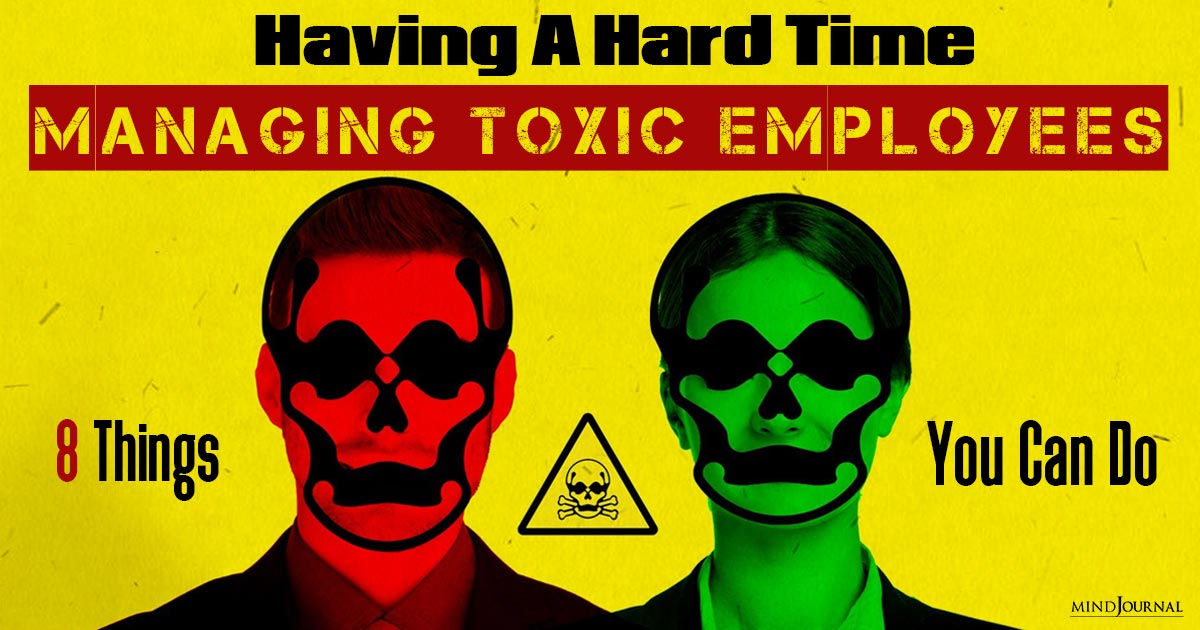

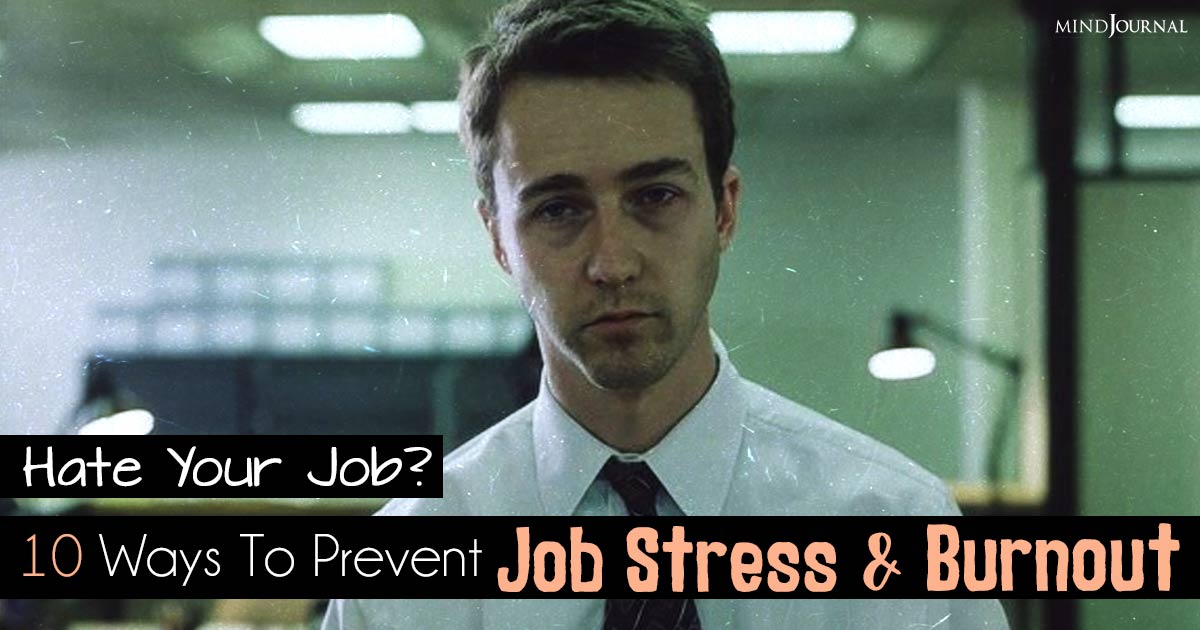
Leave a Reply
You must be logged in to post a comment.